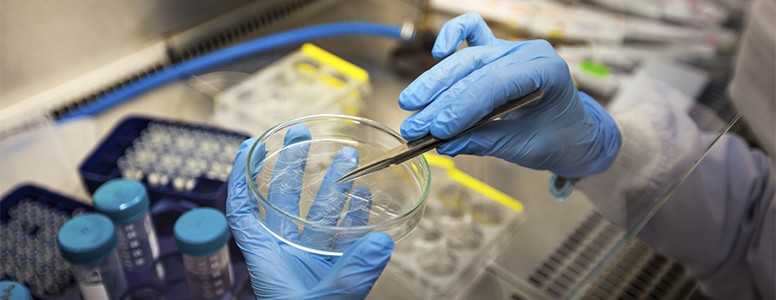A new pioneering way of importing insulin-producing cells to combat type 1 diabetes works in mice, a clinical trial has found.
American biotechnology firm SymbioCellTech (SCT) has developed technology that transplants islet cells extracted from a donor into the liver and does not require anti-rejection drugs.
The technology addresses a major problem with islet cell transplantation which is that five donors are often required for just one person. Immunosuppressant drugs also can cause patients problems, as suppressing the immune system raises the risk of infection.
SCT has taken a different approach using “natural encapsulation”, which attempts to halt the attack by the immune system by using adult stem cells.
It involves combining mesenchymal stem cells (MSCs) together with pancreatic islet cells to create neo-islets (NI), which are three-dimensional cellular clusters. These structures carry out the functions of pancreatic islet cells and also shield against rejection and autoimmune attack.
The result is that one dose can provide “durable blood sugar control”, according to the researchers behind this trial, who found that within “a few weeks, all treated mice demonstrated normal blood glucose control without the need for anti-rejection drugs or encapsulation devices”.
The researchers say the findings represent a “major advance toward functional cure of type 1 diabetes” and now expect to generate additionally valuable information which can be used for potential future clinical trials involving humans.
“The data from the present study demonstrate that efficient generation of NIs from mouse, canine and human cells is feasible and reproducible,” added the researchers.
SCT is now working on a research study to see if the technique works on dogs with type 1 diabetes and is also starting a clinical trial to test it in humans.
The study findings have published in the STEM CELLS Translation Medicine journal.
What's new on the forum? ⭐️
Get our free newsletters
Stay up to date with the latest news, research and breakthroughs.






